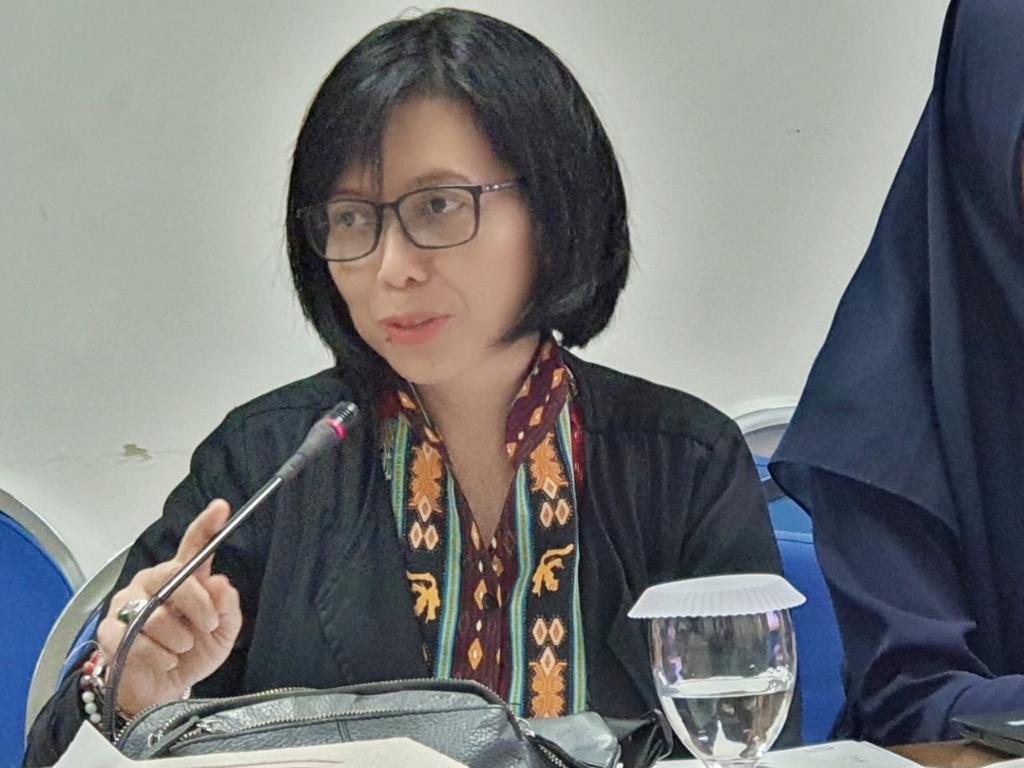UNAIR NEWS – The world is now greatly affected by a plague that has killed thousands of lives. Indonesia is having a hard time due to the spread of Covid-19.
The case of Covid-19 which is increasing every day makes many sectors suffer losses. These losses are mainly in the economic field. It cannot be denied, the majority of people with disabilities who work as private workers are one of the affected.
In this regard, Prof. Dra. Myrtati Dyah Artaria, MA., Ph.D, UNAIR Anthropology lecturer and professor said that disabled people working in the private sector will be affected most. Because everyone reduces their activities, and many are afraid to meet other people, thus limiting their activities. As a result, jobs for them are reduced.
“Blind people who work as street performers in bus station for example, must be reduced, because people passing by in the station are also getting lesser,” said Prof. Myrta.
She also said that if there are citizens who wanted to give what they have, then consider it a contribution to society, not because they pity disabled people as they are equal to other citizens.
“Besides, disabled people that I know, don’t like being pitied. So they will definitely say, ‘we face it together, we fight it together’, she said.
The work quality of disabled people after the Covid-19 pandemic will not change. Nevertheless, she really hoped for an innovation that helps others.
Prof. Myrta said if there are people who are bored and need entertainment, they can ask music performance from blind group, but broadcasted online and do not have to gather, especially for PDP (patients under surveillance)’s entertainment.
“So they (PDP, ed) are entertained, and at the same time help blind music groups. This is an example, but other innovation can definitely be considered, ” she added.
Furthermore, Alfian Andhika Yudhistira, one of the blind students of Universitas Airlangga, also said that for their living, his friends working as masseurs, musicians, traveling merchants experienced a drastic decline of income. There are dozens of massage parlors that eventually have to be closed down by the city or district government because of this epidemic.
“Musicians, MCs, all of them are unemployed, including students who usually study while part time,” he said.
Then, he also said that the government had indeed planned to provide BLT or other assistance to the poor, including disabled people. However, he is still doubtful because the government does not have valid data on the number of disabled people in Indonesia. Because the online census never records a person’s disability status.
“But the question is, where was the disability data from? After all, the government does not have valid data on the number of disabilities in Indonesia, “he explained.
According to him, what was more important was not BLT or food assistance, because that would quickly run out. However, it is better give guidance for independent business, as well as to open up employment opportunities. He hoped, with the existence of a pre-employment card, it can help, but he felt that the web is still less accessible, so there should be improvements. (*)
Author: Ulfah Mu’amarotul Hikmah
Editor: Binti Q Masruroh





